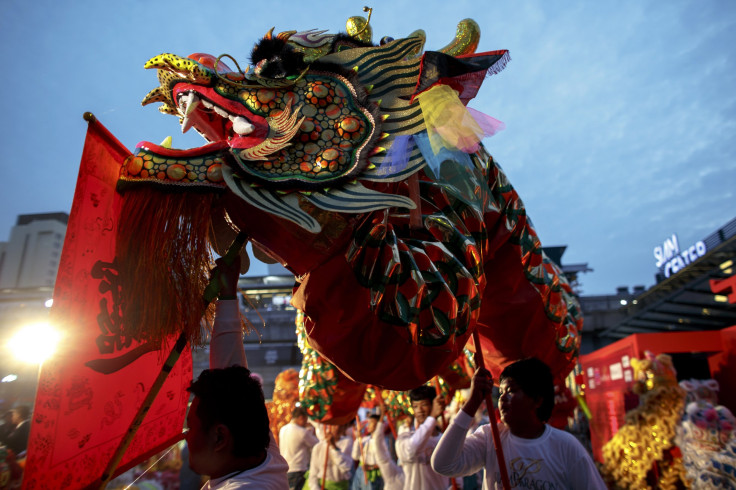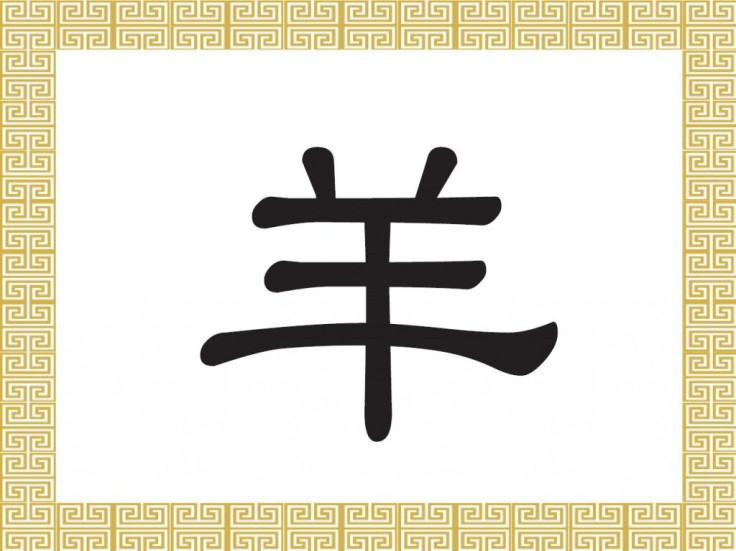When Is Chinese New Year 2015? Top Facts And Sayings For The Lunar New Year

Thursday marks the beginning of the Lunar New Year, celebrated in many Asian countries and diasporas around the world. In Chinese culture, the holiday is one of the most important and must be properly celebrated in order to start off the new year auspiciously. There are a lot of cultural factors to keep in mind when doing so, however, and so below are a few fundamentals to know about this major Chinese holiday.
1. There are many ways to greet someone for the New Year in Chinese. “Gong xi fa cai” in Mandarin, or “Gung hay fat choy” in Cantonese, means “happiness and prosperity.” The more literal, “xin nian kuai le,” in Mandarin simply means Happy New Year.
Tomorrow: Chinese New Year starts with a bang in #NYC! http://t.co/2yfL88JqCL #ttot pic.twitter.com/t813lfatUQ
— Walks of New York (@WalksofNewYork) February 18, 20152. Chinese New Year is based on a lunar calendar. In 2015, it starts on Thursday, Feb. 19 but rest assured that people will be celebrating New Year’s Eve on Wednesday night.
3. This year, 2015, is the year of the goat, sheep or ram (take your pick). The Chinese zodiac runs on a 12-year cycle, with each year represented by a different animal. The goat/sheep is considered the most feminine of all the animal signs, and the year itself is expected to bring romance, beauty, art and prosperity. It’s considered a good year to resolve longstanding issues or break out of negative cycles or spirals.
4. The Chinese character for goat (pronounced yang) is symmetrical, embodying the ideals of harmony and balance said to be found in people born in the year of the goat.

5. Those born in the year of the goat are pacifists by nature. They dislike confrontation and tend to be calm, easygoing people who have refined tastes. They are kind, gentle and nurturing.
6. Firecrackers are supposed to ward off evil spirits and bad luck in Chinese culture, hence this New Year's saying: "May the bold Chinese New Year firecracker scare away bad luck and welcome good luck throughout the year!"
7. Special Chinese foods eaten to celebrate the New Year include fish (boiled, steamed, braised, whole or in chunks), sweet rice balls or sticky, savory rice cakes, dumplings (fried or boiled), Peking duck and longevity noodles. These foods are considered symbolic or auspicious for different reasons, and eating them is supposed to help launch a happy, healthy and prosperous new year.
© Copyright IBTimes 2024. All rights reserved.






















